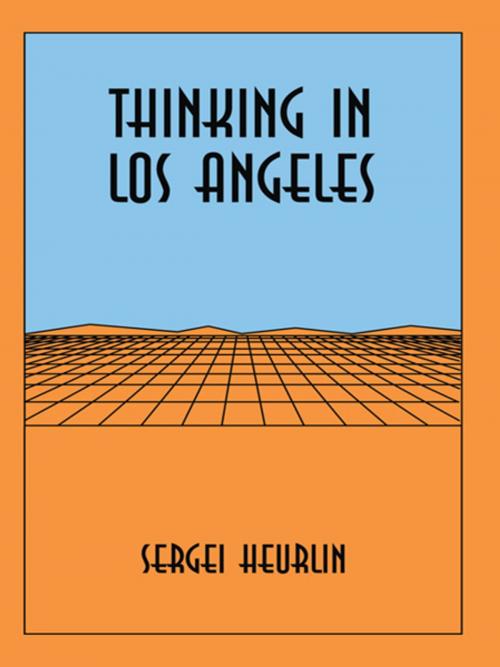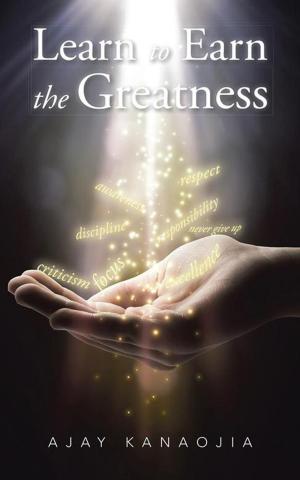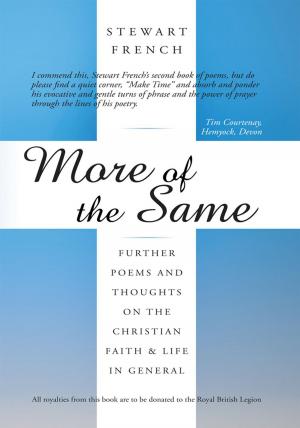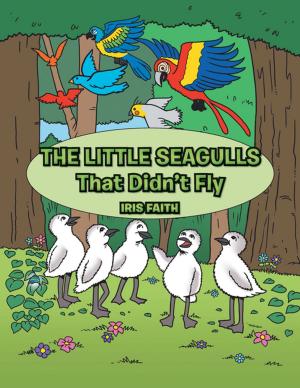Thinking in Los Angeles
Nonfiction, Social & Cultural Studies, Social Science, Sociology, Religion & Spirituality, Philosophy, Health & Well Being, Psychology| Author: | Sergei Heurlin | ISBN: | 9781410711854 |
| Publisher: | AuthorHouse | Publication: | February 14, 2003 |
| Imprint: | AuthorHouse | Language: | English |
| Author: | Sergei Heurlin |
| ISBN: | 9781410711854 |
| Publisher: | AuthorHouse |
| Publication: | February 14, 2003 |
| Imprint: | AuthorHouse |
| Language: | English |
Thinking in Los Angeles starts out as an exploration of the physiological basis of our thoughts and feelings. But before it ends, a new and unforseen foundation for Christian and Buddhist principles has come into view.
Part 1 begins by looking at the compartmental structure of our minds. Then examples of instinctive mental patterns such as infatuation and tribalism are reviewed. The ability to experience certain feelings is revealed to be limited by brain structure and therefore by heredity. Regional differences in inherited instinctive behavior are discussed together with implications for foreign policy.
Part 2 is a somewhat detailed but not very technical analysis of the human brain: how it is structured, where various mental functions are located, and how neurons work.
Part 3 launches a search for free will. It is a journey that carries the reader into the domains of philosophical definition, physical processes, mental illness, the criminal justice system, and the major religions of the West and of the East. Hinduism and Buddhism are discussed in some detail. The conclusion regarding free will is astounding- unlike anything the reader has ever heard or read before.
A new 2008 addendum examines the writings of Robert Kane, Daniel Dennett, and others, reinforcing the conclusion of Part 3.
Exploring the nature of self-esteem, compassion and free will, Thinking in Los Angeles will be especially valuable as a handbook for young people preparing for the 21st century, who can now learn what their elders did not know and could not tell them about these subjects.
Thinking in Los Angeles starts out as an exploration of the physiological basis of our thoughts and feelings. But before it ends, a new and unforseen foundation for Christian and Buddhist principles has come into view.
Part 1 begins by looking at the compartmental structure of our minds. Then examples of instinctive mental patterns such as infatuation and tribalism are reviewed. The ability to experience certain feelings is revealed to be limited by brain structure and therefore by heredity. Regional differences in inherited instinctive behavior are discussed together with implications for foreign policy.
Part 2 is a somewhat detailed but not very technical analysis of the human brain: how it is structured, where various mental functions are located, and how neurons work.
Part 3 launches a search for free will. It is a journey that carries the reader into the domains of philosophical definition, physical processes, mental illness, the criminal justice system, and the major religions of the West and of the East. Hinduism and Buddhism are discussed in some detail. The conclusion regarding free will is astounding- unlike anything the reader has ever heard or read before.
A new 2008 addendum examines the writings of Robert Kane, Daniel Dennett, and others, reinforcing the conclusion of Part 3.
Exploring the nature of self-esteem, compassion and free will, Thinking in Los Angeles will be especially valuable as a handbook for young people preparing for the 21st century, who can now learn what their elders did not know and could not tell them about these subjects.















